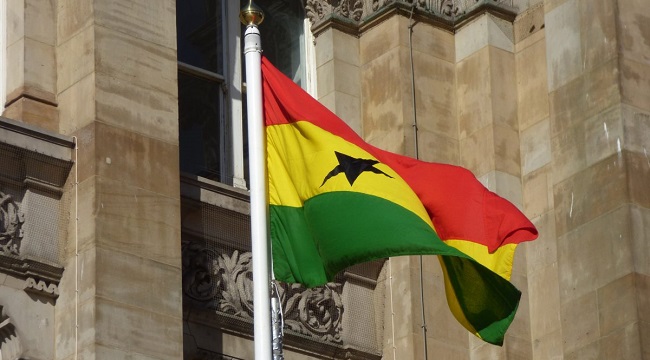On Wednesday, Ghana’s Supreme Court began hearing an injunction attempting to overturn a controversial law that severely restricts LGBTQ rights.
In February, lawmakers passed the so-called Sexual Rights and Family Values Bill, which drew international criticism despite widespread public support in the conservative West African country.
With elections in December to determine President Nana Akufo-Addo’s successor, the topic of LGBT rights has gained political traction, despite the fact that Ghana’s leader has yet to promulgate the law.
In a suit filed with the Supreme Court, Ghanaian broadcaster Richard Dela-Sky has challenged the constitutionality of the law.
The court’s judges on Wednesday gave Dela Sky seven days to file a fresh motion with additional documents to challenge the anti-LGBTQ bill.
That case and a second one also challenging the law were adjourned to a later date.
In a rare move, Ghana’s attorney general requested permission for a live broadcast of the proceedings to allow more “transparency”.
“It is my respectful view that the transparency to be engendered by a coverage of the proceedings would be in the best interest of the administration of justice,” the attorney’s office said in a letter.
It is very uncommon for Ghana’s Supreme Court to hold public hearings. The last time the court allowed a live broadcast was a 2020 election petition filed by former President John Dramani Mahama
Akufo-Addo has said he cannot sign off on the new law until legal challenges against it have been resolved.
The bill sparked criticism from several countries, including the United States, as well as concern from Ghana’s finance ministry, which warned of a risk of losing billions of dollars in World Bank funding.
Ghana is emerging from its worst economic crisis in decades and is already under a $3 billion loan programme from the International Monetary Fund.
The proposed legislation stipulates jail terms of six months to three years for engaging in LGBTQ sex and sentences of between three and five years for promoting or sponsoring LGBTQ activities.
Thirty African nations currently ban homosexuality, according to the International Lesbian, Gay, Bisexual, Trans and Intersex Association (ILGA).



